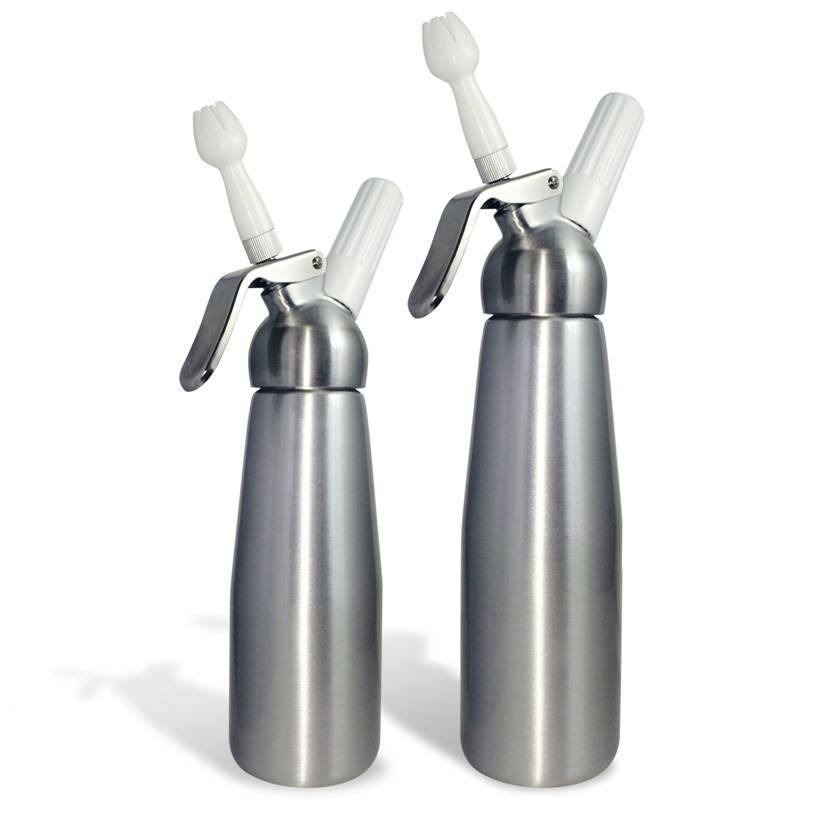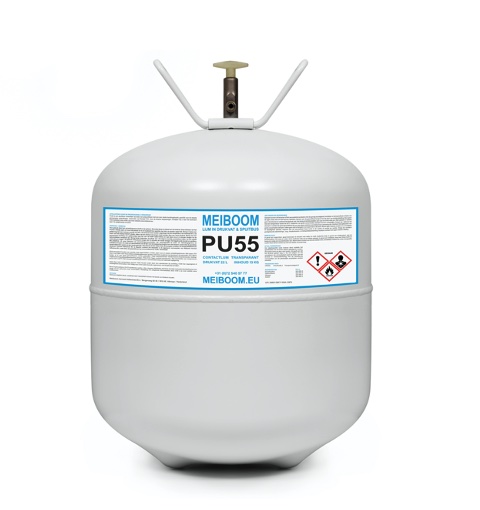Torzon Darknet Market has quickly gained a reputation for providing secure digital transactions, distinguishing itself from many of its competitors within the notorious world of online marketplaces. This marketplace operates within the anonymity of the Darknet, a portion of the internet that is intentionally hidden from search engines and often associated with illicit activities. However, Torzon has focused on ensuring its users’ security and privacy, making it a go-to platform for those seeking safer, encrypted methods for trading digital goods and services. At the core of Torzon’s reputation is its use of robust encryption technologies. Torzon implements end-to-end encryption, meaning that communications between buyers and sellers are shielded from prying eyes. This encryption makes it nearly impossible for external parties, including law enforcement agencies and hackers, to intercept or read the messages exchanged on the platform. For users who prioritize anonymity, this feature is paramount, as it ensures that their personal and transaction details remain concealed.
Moreover, Torzon employs the use of cryptocurrency as the primary method of payment. Cryptocurrencies, particularly Bitcoin and Monero, are known for their ability to provide a certain level of anonymity in transactions. Bitcoin, being a decentralized currency, does not rely on any central authority or bank for processing payments, which adds a layer of protection against financial surveillance. On the other hand, Monero offers even greater privacy features, such as stealth addresses and ring signatures, which obscure the identities of the participants in a transaction. This focus on cryptocurrency further elevates Torzon’s status as a secure marketplace, as users can confidently transact without the fear of exposing their financial information. One of the key factors contributing to the marketplace’s reputation for secure digital transactions is its escrow service. Torzon implements an escrow system in which funds are held by the platform until both parties have fulfilled their obligations.
For buyers, this means that payment is only released to the seller after they confirm the receipt of goods or services, minimizing the risk of fraud. This mutually beneficial system builds trust between parties and encourages users to feel more confident in engaging with the platform. In addition to its secure payment methods and escrow service, Torzon darknet link places a strong emphasis on user verification and reputation. Sellers are often required to undergo a verification process that includes providing detailed information and demonstrating a history of successful transactions. This helps to mitigate the risk of scammers entering the marketplace and provides buyers with the assurance that they are dealing with legitimate vendors. Likewise, both buyers and sellers are able to rate and leave feedback on one another after transactions, which create a transparent system where users can easily assess the reliability and trustworthiness of others. Torzon’s commitment to security also extends to its protection against DDoS Distributed Denial of Service attacks.






